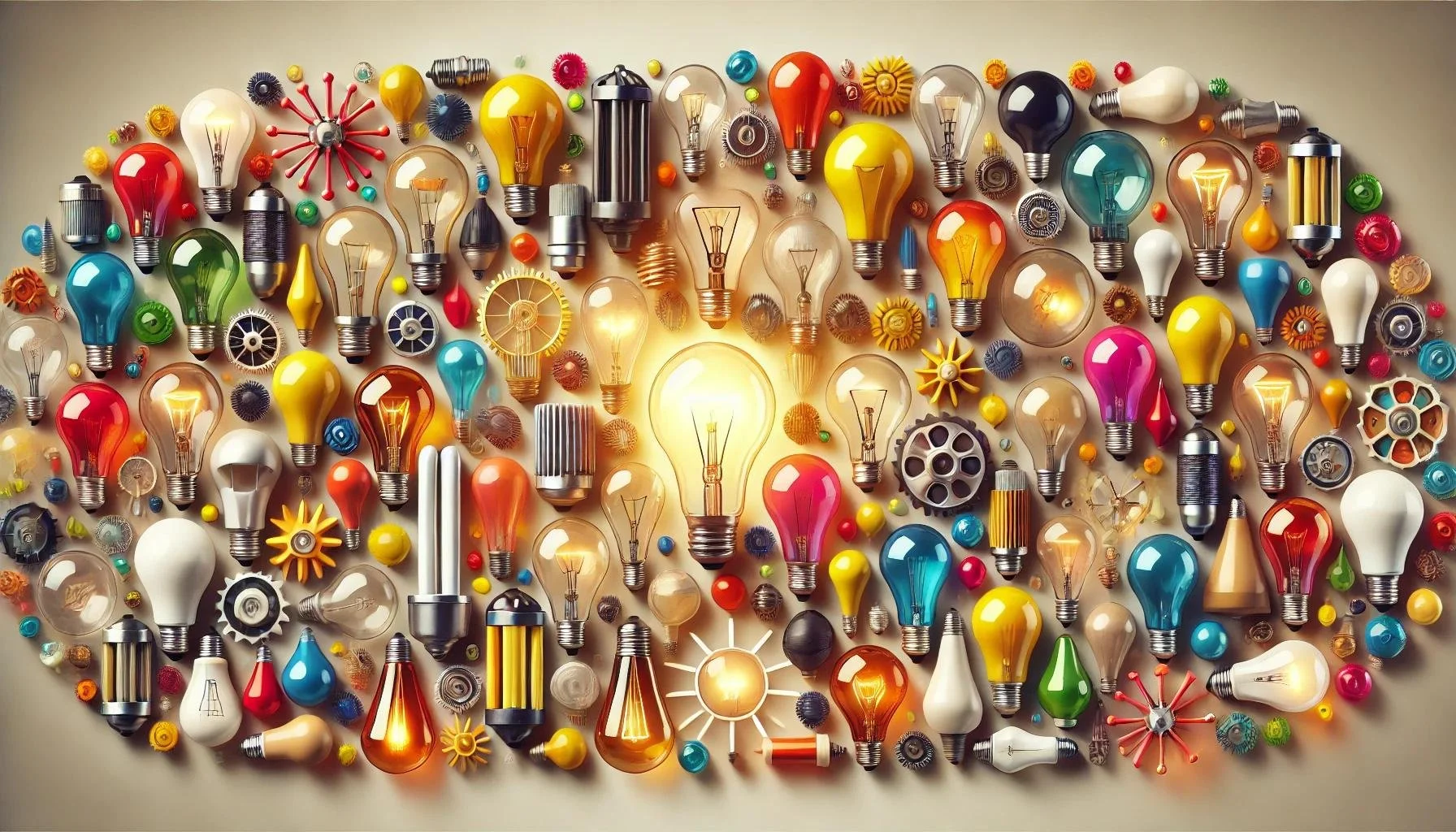AI and Machine Learning in Marketing: Personalisation, Content, and Predictive Power
/In the rapidly evolving landscape of digital marketing, AI and machine learning have emerged as game-changing tools. These technologies are not only streamlining processes but also unlocking new possibilities for creativity, personalisation, and decision-making. As marketing becomes more data-driven, businesses that harness the power of AI are staying ahead of the curve.
This blog delves into three transformative ways AI and machine learning are reshaping marketing: generative AI in content creation, AI-driven personalisation at scale, and predictive analytics for smarter decisions.
1. How Generative AI Is Reshaping Content Marketing
Content marketing is the backbone of modern marketing strategies. Traditionally, creating content that resonates with audiences required significant time, effort, and creativity. Enter generative AI—a tool capable of producing high-quality text, images, and even videos with remarkable efficiency.
Efficiency Meets Creativity
Generative AI platforms like OpenAI’s GPT or Google’s Bard can generate content in seconds, enabling marketers to:
Draft blog posts, social media captions, and ad copy.
Localise and personalise content for diverse audiences.
Develop multiple variations for A/B testing.
Enhancing, Not Replacing, Human Creativity
While generative AI can produce content quickly, it’s not a replacement for human creativity. The real power lies in its ability to assist content creators by:
Offering ideas and outlines.
Automating repetitive tasks like keyword insertion or meta description creation.
Enhancing storytelling with data-driven insights.
Example: A fashion retailer can use generative AI to create product descriptions that align with its brand tone, freeing up the marketing team to focus on creative campaigns.
Challenges and Ethical Considerations
While generative AI is powerful, it’s not perfect. Marketers must:
Ensure content aligns with brand guidelines.
Fact-check outputs to avoid misinformation.
Balance automation with authenticity to maintain a genuine connection with audiences.
2. Personalisation at Scale: AI-Driven Customer Experiences
Personalisation has become the gold standard in marketing. Today’s customers expect brands to understand their preferences and deliver relevant, tailored experiences. AI-driven personalisation makes this possible at a scale previously unimaginable.
From Segmentation to Individualisation
Traditional segmentation divides audiences into broad categories based on demographics. AI takes this further by analysing vast amounts of data to deliver hyper-personalised experiences.
Key AI-driven personalisation strategies include:
Dynamic Website Content: Websites that adapt to individual user behaviour, such as Netflix’s personalised movie recommendations.
Email Campaigns: Tailoring subject lines, content, and offers based on user preferences.
E-Commerce Personalisation: Recommending products based on browsing history, past purchases, and predictive trends.
Real-Time Personalisation
One of AI’s greatest strengths is its ability to act in real time. Using machine learning algorithms, marketers can:
Adjust messaging dynamically during a customer’s interaction with a brand.
Send push notifications or offers triggered by specific user behaviours.
Example: A fitness app might recommend tailored workout routines based on a user’s past activity and goals, increasing engagement and satisfaction.
The ROI of Personalisation
According to McKinsey, companies that excel at personalisation achieve a 20% increase in customer satisfaction and can generate 40% more revenue. AI enables marketers to deliver these results efficiently and at scale.
3. Predictive Analytics for Smarter Marketing Decisions
Predictive analytics leverages historical data, AI, and machine learning to forecast future outcomes. For marketers, it’s a powerful tool for making smarter, data-driven decisions.
Key Applications of Predictive Analytics
Customer Lifetime Value (CLV) Predictions
Identifying which customers are most likely to make repeat purchases.
Allocating resources to nurture high-value relationships.
Churn Prediction
Pinpointing customers at risk of leaving.
Implementing targeted retention strategies to reduce churn.
Campaign Optimisation
Analysing past campaign performance to predict what will resonate with audiences.
Allocating budgets to channels with the highest ROI potential.
The Role of AI in Predictive Analytics
AI enhances predictive capabilities by identifying patterns and correlations that human analysts might miss. For example:
Analysing sentiment from customer reviews to predict product success.
Using seasonal trends and historical sales data to optimise inventory and pricing strategies.
Example: A subscription service could use predictive analytics to forecast peak engagement times and deliver targeted promotions during those windows, maximising conversions.
Building Smarter Marketing Strategies
Predictive analytics helps marketers move from reactive to proactive strategies. Instead of responding to trends, businesses can anticipate and capitalise on them before competitors do.
Bringing It All Together: The Future of AI in Marketing
AI and machine learning are not just tools—they are reshaping the entire marketing landscape. By combining the efficiency of generative AI, the precision of personalised customer experiences, and the foresight of predictive analytics, businesses can achieve unprecedented levels of effectiveness.
Key Takeaways for Marketers
Generative AI enhances content creation but should complement, not replace, human creativity.
AI-driven personalisation builds customer loyalty by delivering tailored experiences at scale.
Predictive analytics enables smarter decision-making, turning data into actionable insights.
For CEOs and CMOs
Embracing AI is no longer optional; it’s a strategic imperative. Invest in the right technologies, upskill your teams, and align AI-driven strategies with your brand’s mission and values.
The future of marketing is here—and it’s intelligent, personalised, and proactive.
Citations
McKinsey & Company: “Personalisation: Achieving ROI at Scale.”
Gartner: “Top Trends in Marketing Analytics.”
HubSpot Research: “The State of AI in Marketing.”

